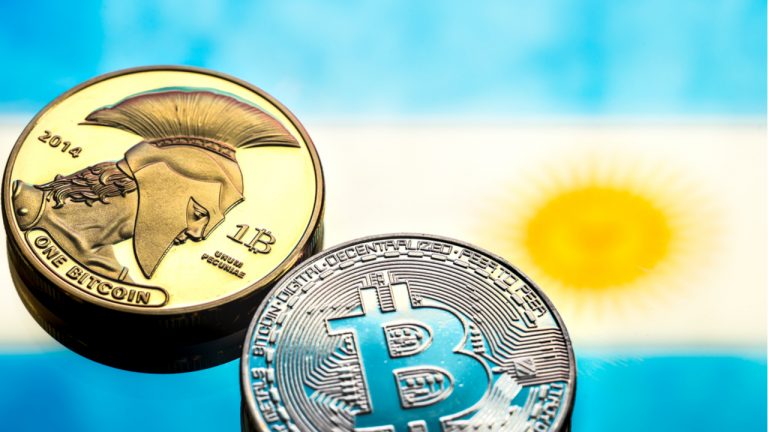Cordoba Becomes the First Argentinean Province to Impose Taxes on Crypto-Related Activities

In Argentina, a provincial legislature has voted in favor of a bill to impose new taxes on gross incomes from crypto transactions. Cordoba’s central province is now the first one to impose crypto taxes in the country, which involves crypto exchange platforms and retail traders.
Approved Tax Bill Grants a Definition of Cryptocurrencies
According to CBA4N, the “Tax Law 2021” approved by the legislature seeks to tax people 4% to 6.5% on gross incomes from crypto-related transactions. Also, individuals or businesses who receive payments in cryptocurrencies “in exchange for goods or services” will be subject to a rate of 0.25%.
Citing Cordoba Bitcoin, a local crypto community, the local media outlet believes other provinces and even the national government could replicate the measure.
Cordoba Bitcoin also clarified CBA4N that previously, there was only a 15% tax corresponding to earnings, and that covered cryptos as a result of the difference in price in the year. The Central Bank of the Argentine Republic required the local exchanges to inform about any transactions related to cryptocurrencies.
In this case, the novelty is that the approved bill is now granting a clear definition to cryptocurrencies:
A digital representation of value that can be subject to digital commerce and whose functions — direct and/or indirect — are to constitute a means of exchange and/or a unit of account and/or a store of value.
New Rules May Scare off Investors in the Sector, Warns Expert
The law mentioned by Cordoba’s crypto community is the Income Tax Law, modified in 2017 to include crypto assets within its content. Marcos Zocaro, a local tax consultant, told La Nacion the following about the negative side such bill approved could bring to the local economy:
Increasing the tax burden can be dangerous because not only will it scare away investments in the sector, but it will also keep many cryptocurrency operations informal.
He also pointed out the ambiguity of the terms’ definitions such as bitcoin or stablecoins under the tax law:
They [cryptos] are put in the same condition against the tax, for example, bitcoin, stablecoins, and security tokens. Is bitcoin (which doesn’t have an underlying asset) the same as a dollar-backed stablecoin? Clearly not.
What are your thoughts on this bill’s approval in Cordoba, Argentina? Let us know in the comments section below.



